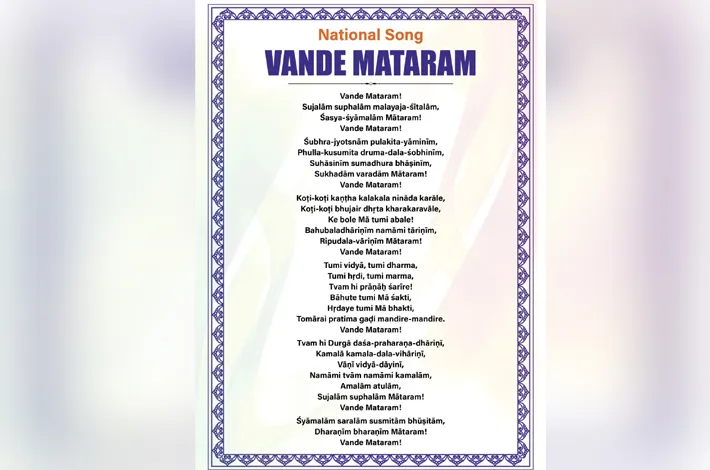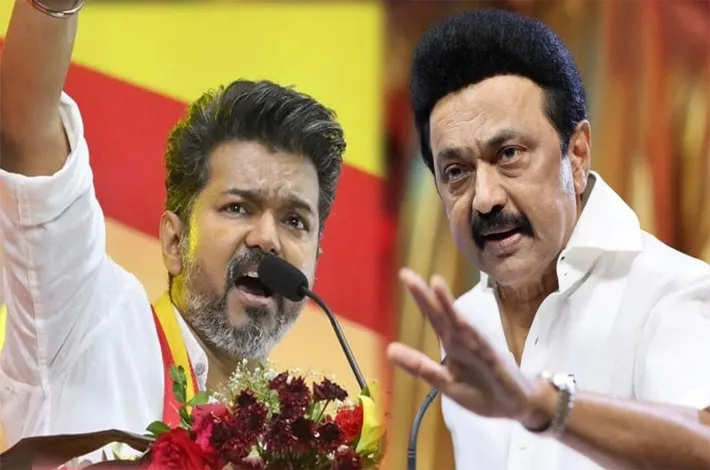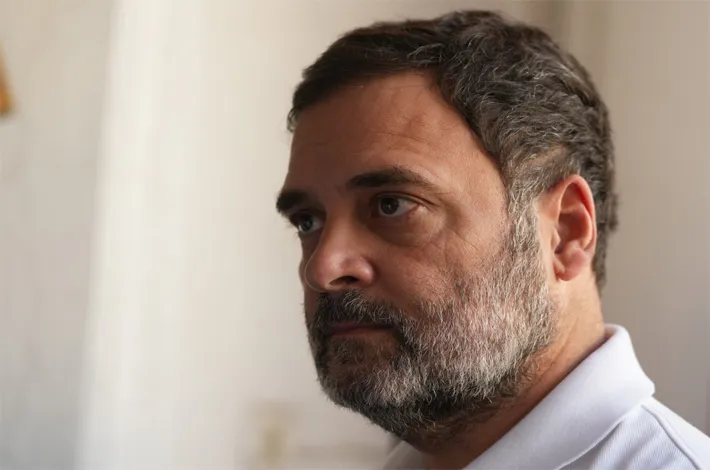Srikanth parole scandal, Home Minister orders probe
20-08-2025 12:00:00 AM

metro india news I amaravati
The controversial parole granted and later revoked to life convict Srikanth, a notorious gangster from Gudur in Tirupati district, has erupted into a political and administrative storm in Andhra Pradesh. What appeared to be a “routine parole request” has now exposed the deep web of political patronage, official complicity, and criminal influence that allowed Srikanth to operate as a parallel power centre for more than a decade, both inside and outside prison.
Srikanth’s criminal journey began with small-time gang violence but escalated after he was convicted in a murder case and sentenced to life imprisonment in 2010. Instead of reform, prison became his headquarters. In 2014, he escaped from Nellore Central Jail and remained at large for over four years, using that time to expand his criminal empire. By 2018, he had built a 200-member gang operating across Nellore, Tirupati, and surrounding districts. His network thrived on murders, smuggling, land settlements, and extortion.
At the centre of this empire was a powerful woman from Nellore, once a small boutique owner, who transformed into a feared power broker during the YSRCP era. With political backing and close ties to influential police officers, she provided the cover and access Srikanth needed. With her support and that of a Nellore legislator, Srikanth controlled tenders, settlements, and the flow of money even while being a prisoner.
The scandal highlights a disturbing pattern of political protection cutting across party lines. During the YSRCP government, attempts were made to secure clemency for Srikanth under the guise of “good conduct.” Police officials opposed it, but political figures from Nellore shielded him, using his network to settle disputes. Under the present coalition government, the same story repeated. In August 2024 and again in August 2025, Srikanth was granted parole despite strong objections from district SPs and jail superintendents. Both times, recommendations from elected representatives and the endorsement of a minister forced the Home Department’s hand.
After media reports and public outrage, the coalition government scrambled to contain the damage. Home Minister Vangalapudi Anitha announced that Srikanth’s parole had been revoked and that he had been sent back to prison. She ordered a comprehensive probe into how the parole was approved despite objections, promising that officials and politicians who aided the process would face consequences. “Even the jail superintendent opposed parole, yet it was forced through. We are investigating who misused their influence. Escort staff, jail officers, and political figures, no one will be spared,” she declared.
The episode took a dramatic turn when Aruna Nidigunta, a woman claiming to be associated with the Disha Foundation, raised uncomfortable questions. In an emotional statement, she asked why those who allegedly benefited from Srikanth’s network were now silent. “Why are all those who used Srikanth not speaking up? You want him to suffer while protecting yourselves. Should I keep quiet when he is being silenced? If I speak, will you kill me? I would rather face the consequences than live with this blame and suffering,” she said. Her remarks hinted at a broader conspiracy of silence involving politicians, officials, and power brokers who had once relied on Srikanth but were now abandoning him.
The Srikanth scandal is more than just a criminal case, it is a test of the coalition government’s credibility on law and order. For Chief Minister Chandrababu Naidu, it is an opportunity to restore Andhra Pradesh’s brand image by dismantling criminal-political nexuses. For the opposition YSRCP, it is a double-edged sword: while they may criticize the coalition for the parole, their own role in Srikanth’s rise is equally in question.








